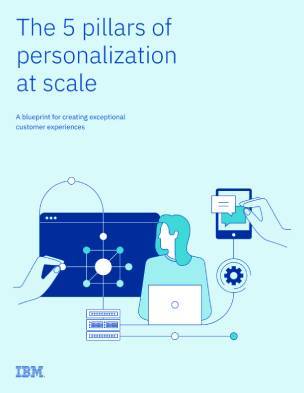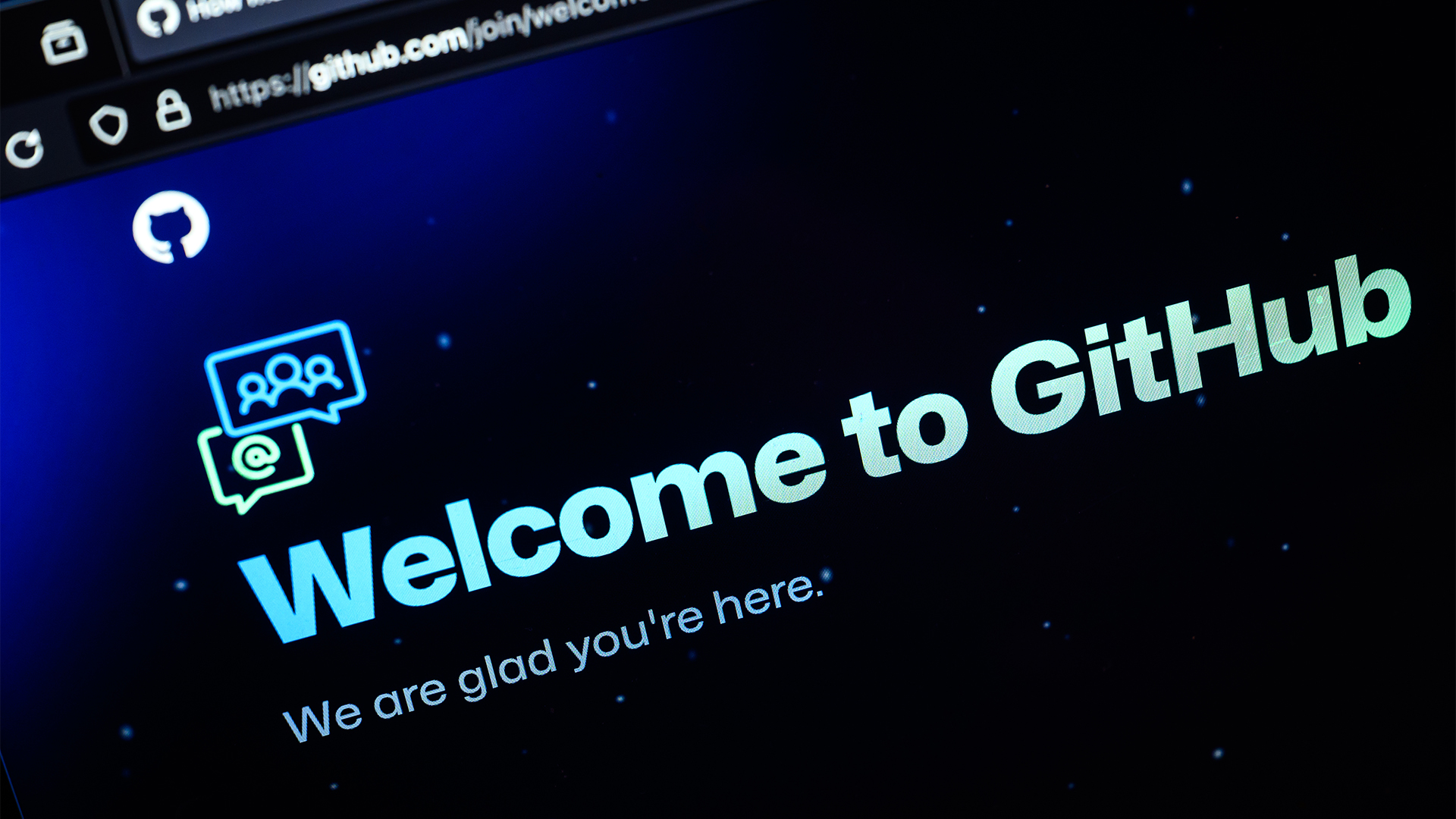GitHub debuts Copilot tool making it easier to give credit to developers
Developers to be shown repository and license information for AI-suggested code matches


GitHub has revealed a new feature for its Copilot pair programmer that will inform developers when code suggested to them by AI is taken from public repositories.
It said the reasoning behind the move is to offer developers greater transparency when it comes to using Copilot’s code suggestions.
“Some want to learn from others’ work, others may want to take a dependency rather than introduce new app logic, and still others want to give or receive credit for similar work. Whatever the reason, it’s nice to know when similar code is out there,” it said.
Currently in private beta, Copilot’s new ‘code referencing’ feature will check code suggestions - including surrounding code of approximately 150 characters - against all public code on the GitHub platform. Any matches, along with repository information, will be shown to the developer.
It is then up to the developer to accept the code suggestion - including information about matches - or block the suggestion.
GitHub estimates that matches will occur in less than 1% of Copilot suggestions, although that figure depends on context.
“In the context of an existing application with surrounding code, we almost never see a match,” it said. “But in an empty or nearly empty file, we see matches far more often.”
Get the ITPro daily newsletter
Sign up today and you will receive a free copy of our Future Focus 2025 report - the leading guidance on AI, cybersecurity and other IT challenges as per 700+ senior executives
The code referencing solution could make ground on easing the concerns shared among developers and organizations regarding the potential legal issues that could arise from using suggestions from Copilot.
The release will be seen as an acceptance from GitHub that developers wish to know when the suggestions match public code.
RELATED RESOURCE

The five pillars of personalization at scale
Start delivering experiences that will delight and entice your customers.
It comes amid scrutiny of the company over the training of Copilot on publicly available code, including public GitHub repositories.
GitHub continues to wrestle with a class action lawsuit it currently faces, one that was filed in the San Francisco US federal court last year.
The complainants’ case centers around allegations that the company committed “software piracy on an unprecedented scale” by allowing Copilot to suggest code snippets from publicly available open source code repositories.
The case noted that open source projects are protected by a number of different licenses which require developers to correctly attribute the project’s authors’ names and copyright when using its code in other applications.
GitHub faces allegations that by suggesting code snippets through Copilot, it is removing the licenses that protect the open source projects from which the code was suggested, illegally violating their terms of reuse.
GitHub and Microsoft, which owns the platform, have filed multiple motions to dismiss the case, including its most recent effort in June 2023. The former was rejected and the latter will be heard in court in September.
Why do developers need code referencing?
GitHub Copilot was launched in 2021 and is designed to assist developers by suggesting blocks of code based on context.
GitHub describes the tool as the world’s first at-scale AI pair programmer and, according to the company, has trained it on billions of lines of public code.
Recent figures from GitHub suggest it has been used by more than 1 million developers and more than 27,000 organizations to build code faster.
However, GitHub has acknowledged that developers would also like to know when suggestions made by Copilot match public code.
It has been possible to block matching code since 2022. However, in November last year, Ryan Salva, vice president of product at GitHub, said: “While useful in some contexts, blocking matching suggestions doesn’t address all use cases”.
With code referencing, the developer is shown the matching code, the repos where the code appears, and the license governing each repo.
Since the same code might appear in multiple places with occasionally conflicting licenses, developers can decide for themselves on attribution rather than having the matches blocked from the outset.

Richard Speed is an expert in databases, DevOps and IT regulations and governance. He was previously a Staff Writer for ITPro, CloudPro and ChannelPro, before going freelance. He first joined Future in 2023 having worked as a reporter for The Register. He has also attended numerous domestic and international events, including Microsoft's Build and Ignite conferences and both US and EU KubeCons.
Prior to joining The Register, he spent a number of years working in IT in the pharmaceutical and financial sectors.
-
 Cleo attack victim list grows as Hertz confirms customer data stolen
Cleo attack victim list grows as Hertz confirms customer data stolenNews Hertz has confirmed it suffered a data breach as a result of the Cleo zero-day vulnerability in late 2024, with the car rental giant warning that customer data was stolen.
By Ross Kelly
-
 Lateral moves in tech: Why leaders should support employee mobility
Lateral moves in tech: Why leaders should support employee mobilityIn-depth Encouraging staff to switch roles can have long-term benefits for skills in the tech sector
By Keri Allan
-
 AWS expands language support for Amazon Q Developer
AWS expands language support for Amazon Q DeveloperNews AWS has expanded support for languages in Amazon Q Developer, making it easier for developers to code in their first language.
By Nicole Kobie
-
 AI was a harbinger of doom for low-code solutions, but peaceful coexistence is possible – developers still love the time savings and simplicity despite the allure of popular AI coding tools
AI was a harbinger of doom for low-code solutions, but peaceful coexistence is possible – developers still love the time savings and simplicity despite the allure of popular AI coding toolsNews The impact of AI coding tools on the low-code market hasn't been quite as disastrous as predicted
By Ross Kelly
-
 ‘We’re trading deep understanding for quick fixes’: Junior software developers lack coding skills because of an overreliance on AI tools – and it could spell trouble for the future of development
‘We’re trading deep understanding for quick fixes’: Junior software developers lack coding skills because of an overreliance on AI tools – and it could spell trouble for the future of developmentNews Junior software developers may lack coding skills because of an overreliance on AI tools, industry experts suggest.
By George Fitzmaurice
-
 Turns out AI isn't that popular at work – just 4% of workers use the technology in the majority of daily tasks, but developers are among the top early adopters
Turns out AI isn't that popular at work – just 4% of workers use the technology in the majority of daily tasks, but developers are among the top early adoptersNews Research from Anthropic shows that while AI adoption is sluggish in most professions, software developers and writers are very keen.
By Nicole Kobie
-
 GitHub's new 'Agent Mode' feature lets AI take the reins for developers
GitHub's new 'Agent Mode' feature lets AI take the reins for developersNews GitHub has unveiled the launch of 'Agent Mode' - a new agentic AI feature aimed at automating developer activities.
By Ross Kelly
-
 Shadow AI is creeping its way into software development – more than half of developers admit to using unauthorized AI tools at work, and it’s putting companies at risk
Shadow AI is creeping its way into software development – more than half of developers admit to using unauthorized AI tools at work, and it’s putting companies at riskNews Enterprises need to create smart AI usage policies that balance the benefits and risks
By Solomon Klappholz
-
 AI 'slop security reports' are driving open source maintainers mad
AI 'slop security reports' are driving open source maintainers madNews Low-quality, LLM-generated reports should be treated as if they are malicious, according to one expert
By Emma Woollacott
-
 GitHub just launched a new free tier for its Copilot coding assistant – but only for a select group of developers
GitHub just launched a new free tier for its Copilot coding assistant – but only for a select group of developersNews Limited access to GitHub Copilot in VS Code is now available free of charge
By Nicole Kobie